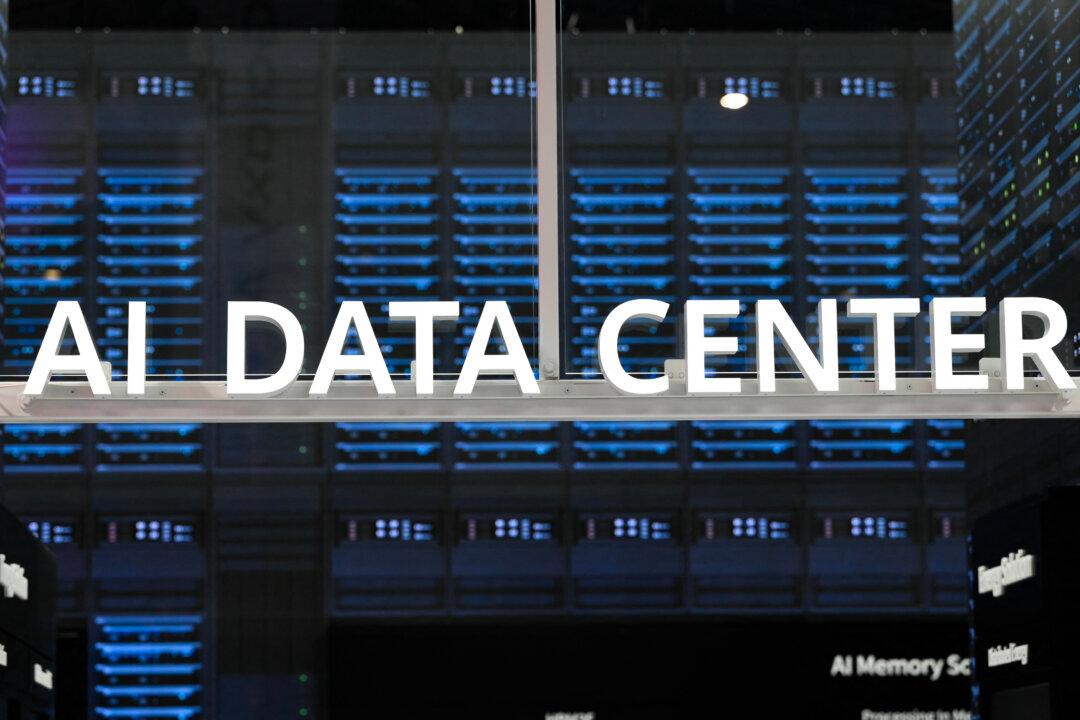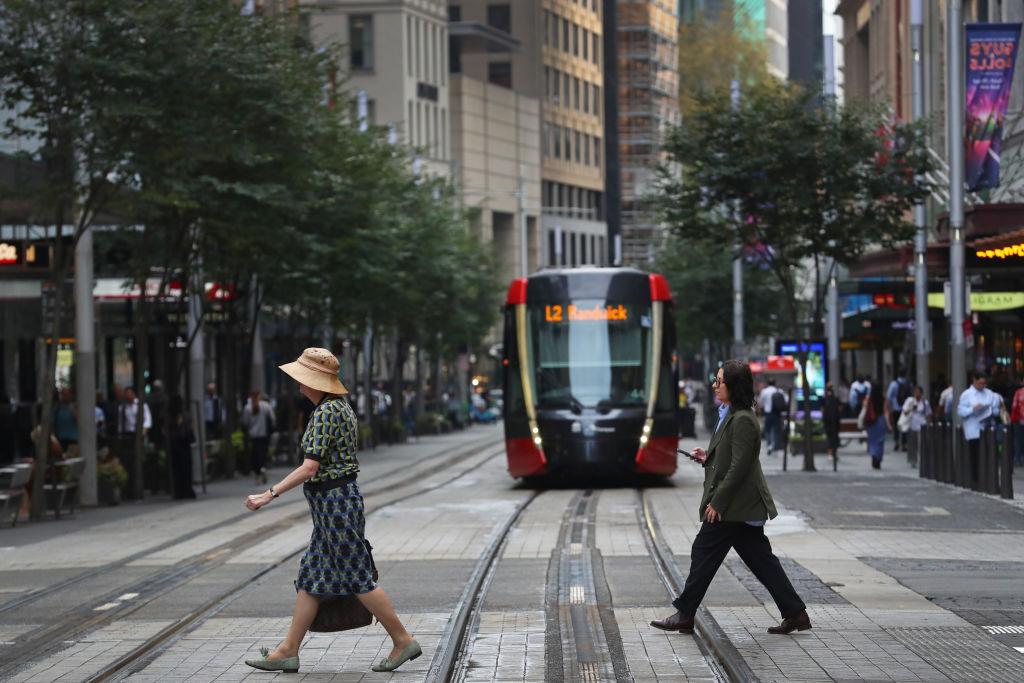AI data centres are expected to consume 8 percent of Australia’s national electricity supply by 2030, an increase from the current 5 percent this year, according to Deloitte’s Australian TMT (Technology, Media, and Telco) Predictions 2025.
As AI becomes more powerful, its energy use is also growing, causing strain on energy grids and operators.




